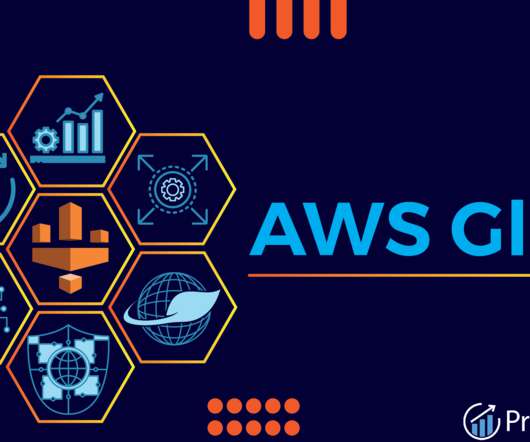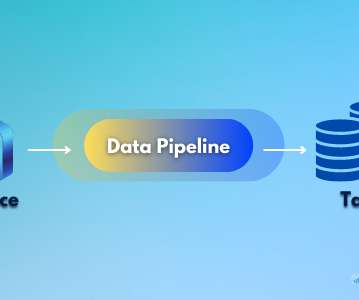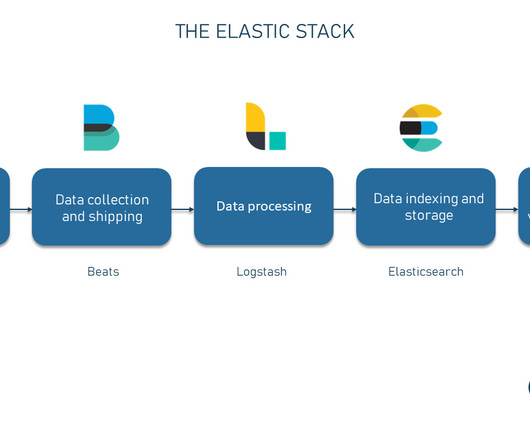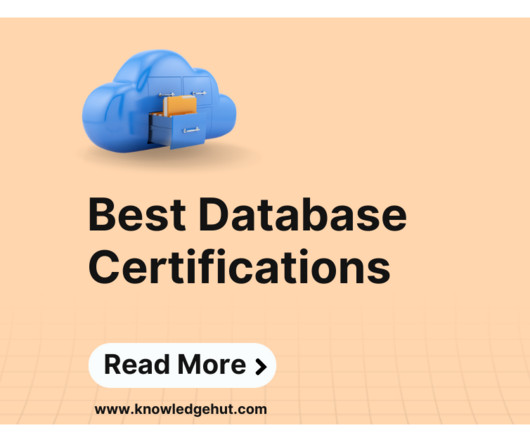Data Lake vs. Data Warehouse: Differences and Similarities
U-Next
SEPTEMBER 7, 2022
Structuring data refers to converting unstructured data into tables and defining data types and relationships based on a schema. The data lakes store data from a wide variety of sources, including IoT devices, real-time social media streams, user data, and web application transactions.

















Let's personalize your content